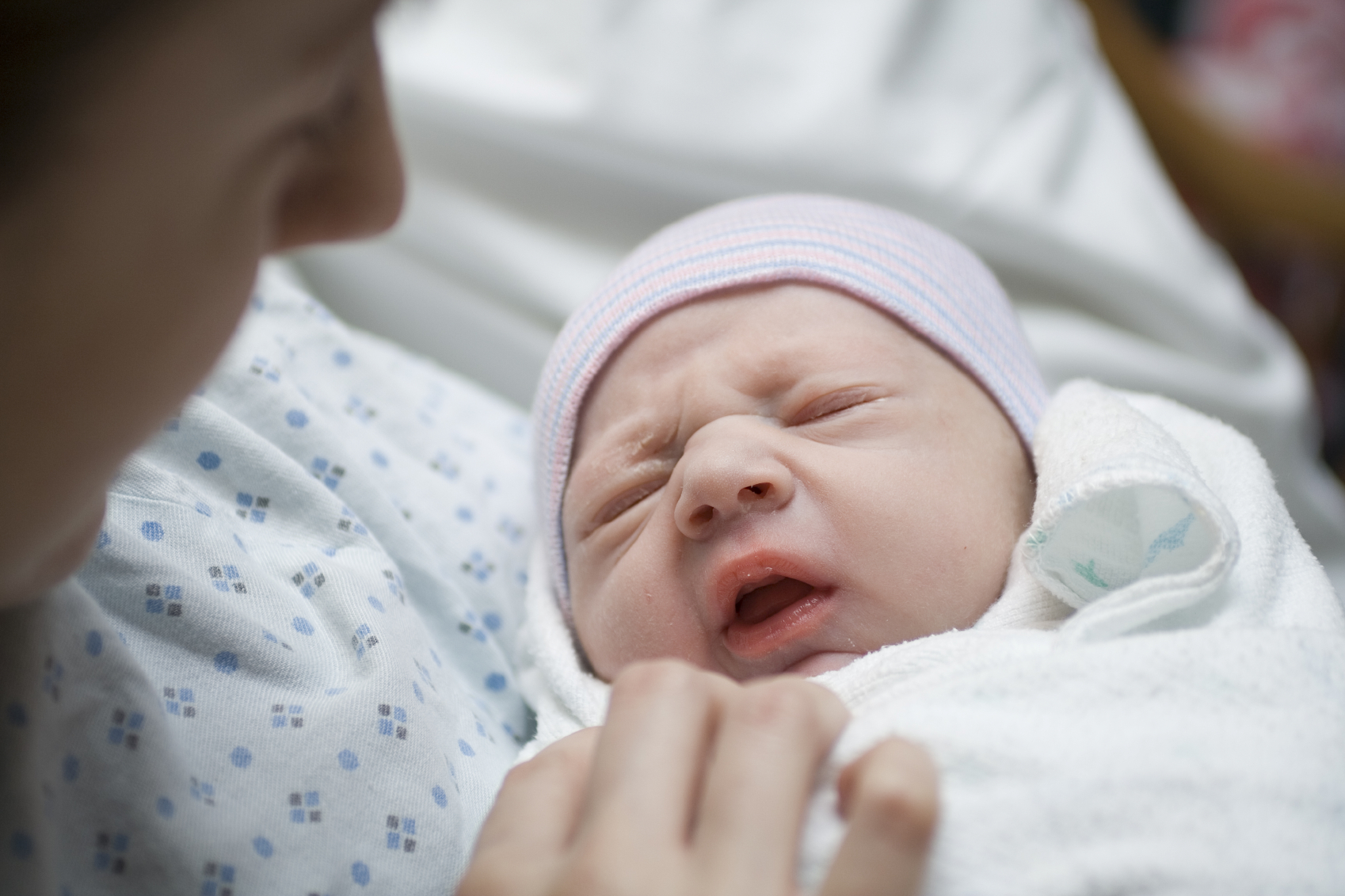As funded by the Canadian Institutes of Health Research, researchers at the University of British Columbia concluded in a study that obsessive-compulsive disorder (OCD) is more common among mothers who recently gave birth than previously known.
The results appeared in the Journal of Clinical Psychiatry.
According to researchers, as many as 8 percent of postpartum women with abnormal symptoms can meet the criteria for a diagnosis of OCD during pregnancy. A substantial number of women do receive a diagnosis, but only a few years after giving birth.
“What really matters now is that we screen for and assess OCD among perinatal women with perinatal-specific questions and assessment methods. It is especially important that we include questions about intrusive thoughts of infant-related harm. This ensures that perinatal women suffering from OCD are not missed and can be directed toward appropriate treatment,” the study’s lead author wrote in a news release.
“Perinatal OCD is common and we have a responsibility to identify those who experience it and ensure they receive timely, evidence-based treatment,” the lead author also stated.
With the new criteria for the diagnosis of OCD, researchers were able to detect symptoms that would classify new mothers with the condition.
“The traditional questions are framed in a way that doesn’t really help women connect to the intrusive thoughts they’ve had about their baby. If they don’t recognize their experience in the questions that are asked, they may be underreporting,” said one researcher of the study in the news release.


